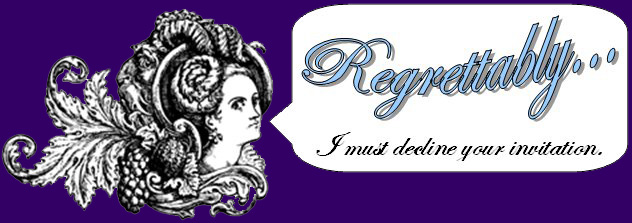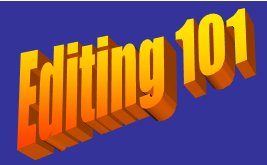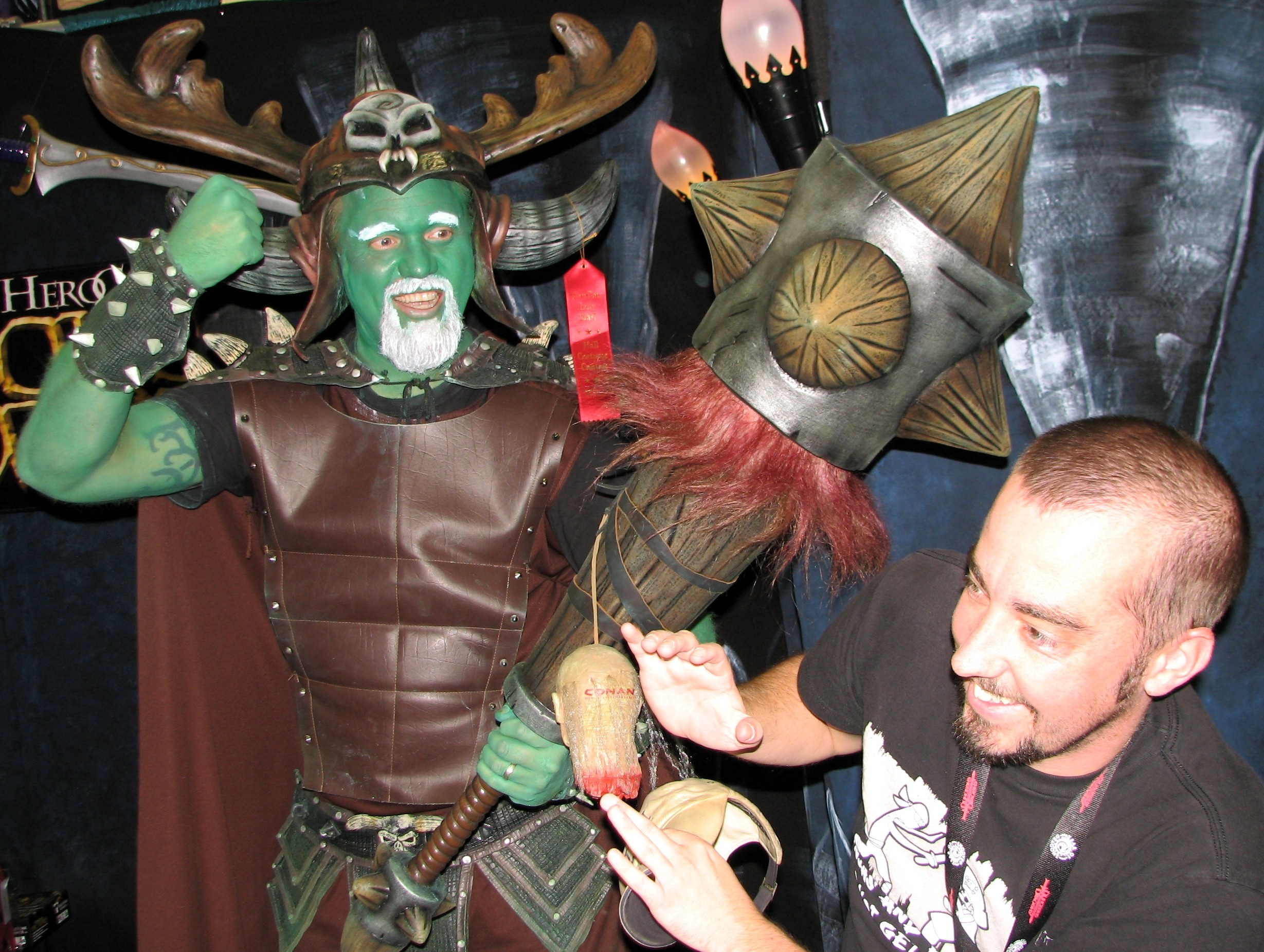Yesterday, I had talked about when (and why) you should consider turning down new projects. Today I’d like to give you some sample messaging around this topic and point out why it’s a good idea to come up with a strategy to turn down work. Regardless of your reasoning why you want to turn down work, it’s often a good idea to communicate something back for several reasons ranging from professionalism to preventing email miscommunication.
 The tendency to turn down projects is to say something generic like, “I’m booked working on other projects.” If you have a blog, online journal, or socially network on MySpace, LinkedIn, Facebook, etc. and you put yourself out there saying that you’re looking for work, make sure that your public profile matches what you’re telling people who want to hire you. This may seem like a no-brainer, but please: do not make the mistake of begging people for work and then turning someone down because you don’t want to work for them. The “I’m-too-busy” excuse really makes you look bad–especially when the person you turned down reads what you’re up to. Of course, there is the flip side when you are “that” busy. When that happens, be clear and be honest; there is no guarantee that the other person on the other end of the computer won’t misinterpret what you’re saying, but there is really very little you can do about that.
The tendency to turn down projects is to say something generic like, “I’m booked working on other projects.” If you have a blog, online journal, or socially network on MySpace, LinkedIn, Facebook, etc. and you put yourself out there saying that you’re looking for work, make sure that your public profile matches what you’re telling people who want to hire you. This may seem like a no-brainer, but please: do not make the mistake of begging people for work and then turning someone down because you don’t want to work for them. The “I’m-too-busy” excuse really makes you look bad–especially when the person you turned down reads what you’re up to. Of course, there is the flip side when you are “that” busy. When that happens, be clear and be honest; there is no guarantee that the other person on the other end of the computer won’t misinterpret what you’re saying, but there is really very little you can do about that.
Here are a few samples of how you can politely turn down “new” work for different reasons ranging from time constraints to concerns about whether or not the publisher will pay:
Read More…

 Congratulations! You’ve just finished your project or story. Now what?
Congratulations! You’ve just finished your project or story. Now what?  This year marks the fifth year I’ve been active within the gaming industry as a freelancer. Within five years I’ve worked on two dozen games, dozens of reviews, attended approximately 35 conventions and gatherings, met hundreds if not thousands of people, spoke on panels, and built some awesome memories. Here are some of my take-a-ways from working in an industry saturated with creative people and a desire to have fun.
This year marks the fifth year I’ve been active within the gaming industry as a freelancer. Within five years I’ve worked on two dozen games, dozens of reviews, attended approximately 35 conventions and gatherings, met hundreds if not thousands of people, spoke on panels, and built some awesome memories. Here are some of my take-a-ways from working in an industry saturated with creative people and a desire to have fun.